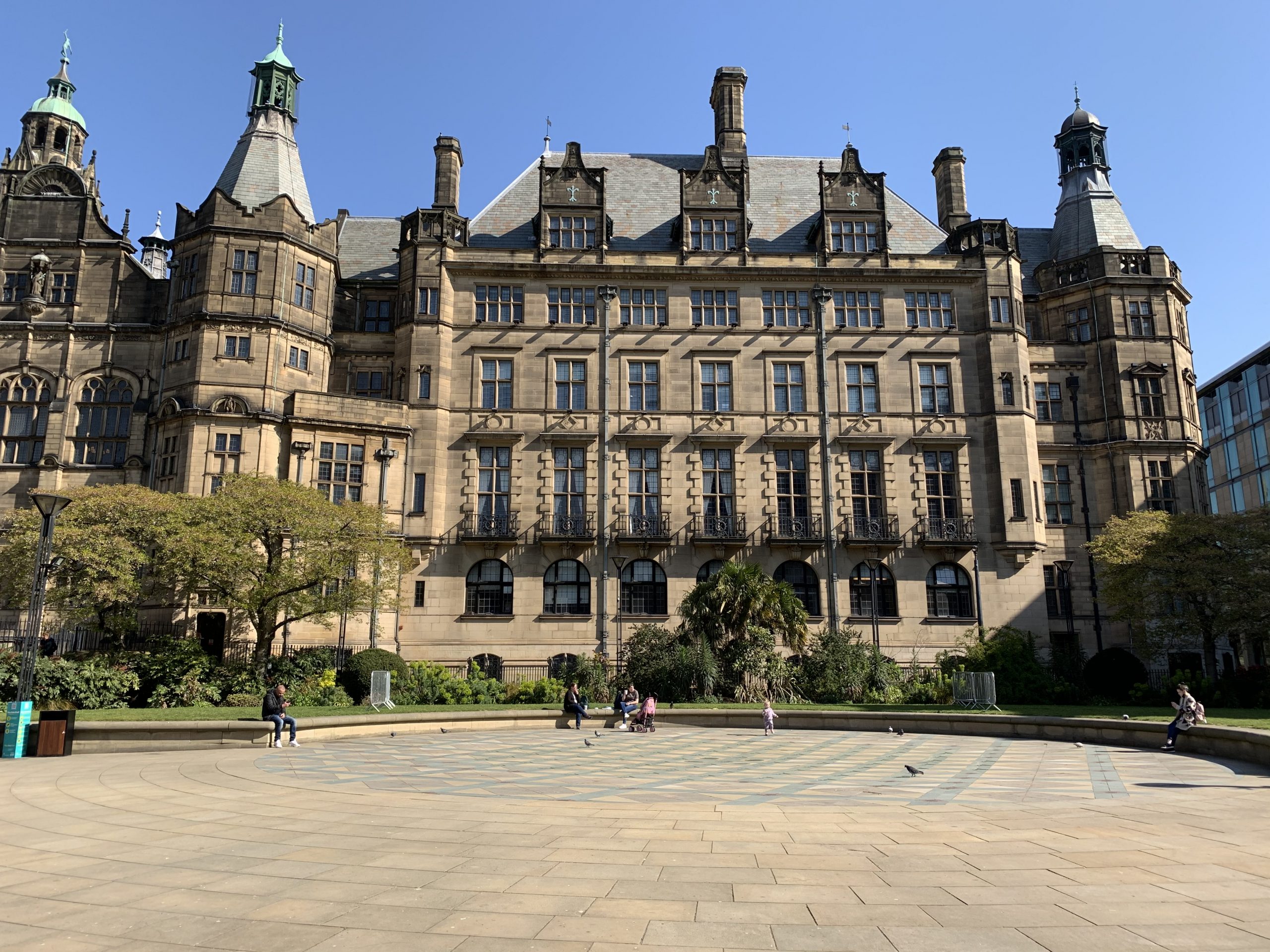Alongside the upcoming local elections, Sheffield City Council is holding a referendum on changing its model of governance.
It has become divisive for those involved, sparking twitter spats and accusations of attempted misinforming – but what exactly is the referendum about?
The vote was originally scheduled for May 2020 after a campaign for council reform was launched by It’s Our City, a community-led network of Sheffield residents.
In 2019, they secured over 26,000 signatures to a legally binding petition under the Localism Act 2011. As a result of the petition, the Council was required to hold a referendum on changing its approach.
The vote has caused controversy among Sheffield’s political parties. The Liberal Democrats and Green Party have both declared their support for change, but the Labour party is split.
The Leader of the Council, Labour’s Bob Johnson, has spoken in favour of maintaining the council’s system, but this has not been echoed by the rest of his party.
Martin I too want the best for this great city. Just not sure being an outlier amongst other cities right now amidst recovering from the greatest economic shock in generations is a wise move. The current system can be modified and made more open and transparent
— robert johnson (@Bob_of_Hills) April 11, 2021
Three of the six local constituency Labour party groups have voiced support for reformation, following the resignation of six Labour councillors, including current Sheffield Hallam MP Olivia Blake, when the petition was first submitted.
Currently, Sheffield City Council employs a ‘leader and cabinet’ approach. Under this system, the leader of the council appoints nine cabinet members who hold most of the power. Those cabinet members oversee various local policy areas such as housing and transport.
Although cross-party ‘scrutiny committees’ can suggest amendment policies, they currently cannot make decisions on behalf of the Council unless they involve spending a significant portion of the Council’s funding.
Supporters of the current system say that it streamlines the decision-making process, allowing the council to efficiently implement policy. However, groups such as It’s Our City argue that the leader and cabinet approach creates two classes of councillor, meaning there are 10 cabinet members who wield most of the power, and the remaining 74 are essentially backbenchers.
Vote for change, Sheffield People’s Referendum, May 6th. The power of people is stronger than the people in power #sheffref21 https://t.co/jfZcsSNRJI pic.twitter.com/GrG5R1XA0g
— Ruth Hubbard (@ItsOurCity1) April 16, 2021
The proposed alternative is the committee system. This would see councillors placed into cross-party committees, each one being responsible for a single area of policy. These committees would have the power to approve or reject council policy.
Campaigners for council reform have said the committee system would ensure that councillors have more opportunities to represent their constituents, involving them more frequently in the decision making process and encouraging collaboration between Sheffield’s political parties.
However, proponents of the leader and cabinet approach argue that increased involvement for councillors will hamper the council’s ability to govern Sheffield proactively. If the city voted in favour of the committee system, it would become one of the largest to do so since the Localism Act came into force, alongside councils in areas such as Brighton and Hove and Worcester.
The referendum is due to be held on 6 May.




